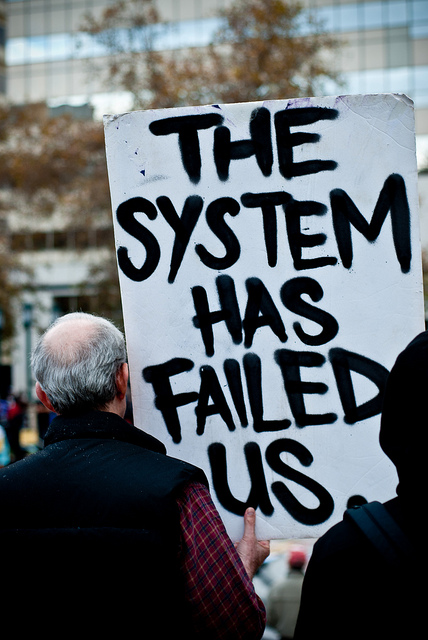I don’t want to call it. But checking the vital signs and virulent opposition, I think common enrollment is dead in Oakland. It did not seem like a revolutionary idea. But may it rest in peace.
It seemed like a good idea. Rather than families needing to fill out 40 some different charter school applications alongside a cumbersome and opaque district enrollment process, they could view all schools in one system fill out one application for multiple schools and choose their preferred school that they were accepted into.
73% of parents said they wanted a unified system. And that is what I hear, most parents really don’t care if the school is district-run or charter-run school—they want a quality school that treats their child fairly.
In the end though, anti-charter advocates on one end, and pro-charter advocates on the other are going to squeeze the middle. And that middle is those underserved families who most need quality choices, families who don’t benefit from zip code enrollment, who can’t move to the clusters of relatively high performing Hills schools, or pay private school tuition.
We covered the range of arguments that the anti-charter folks have raised here and here, and some reasonable arguments against such a system, but we haven’t yet looked at why charters may not want to participate.
It was funny to hear the anti-charter folks talk about how this was some big charter school conspiracy when the charters were ambivalent at best and resistant at worst. There were no charters pushing for common enrollment.
For most, they feared losing control of their enrollment processes—which is the school’s lifeblood–for others they have long waitlists and don’t need more applicants, and probably for some, a real public, transparent enrollment system might expose bad practices.
And beyond the specific critiques, there is widespread fear of handing anything over to the District, which has shifting personnel, priorities, and varies widely in staff commitment and capacity. So there is no charter puppet master pulling the superintendent’s strings on this issue- or any other.
So, good news for the advocacy communities on both sides, charter-run schools won’t have the transparency and openness that many crave, and district-run schools won’t sit side by side in the enrollment process. And parents will have diminished choices and less good data upon which to make decisions.
So, yeah, everyone wins this round, except the people that don’t view this as a game.
It is time we start privileging the voices of these parents as kings and queens, rather than sacrificing them as pawns.

